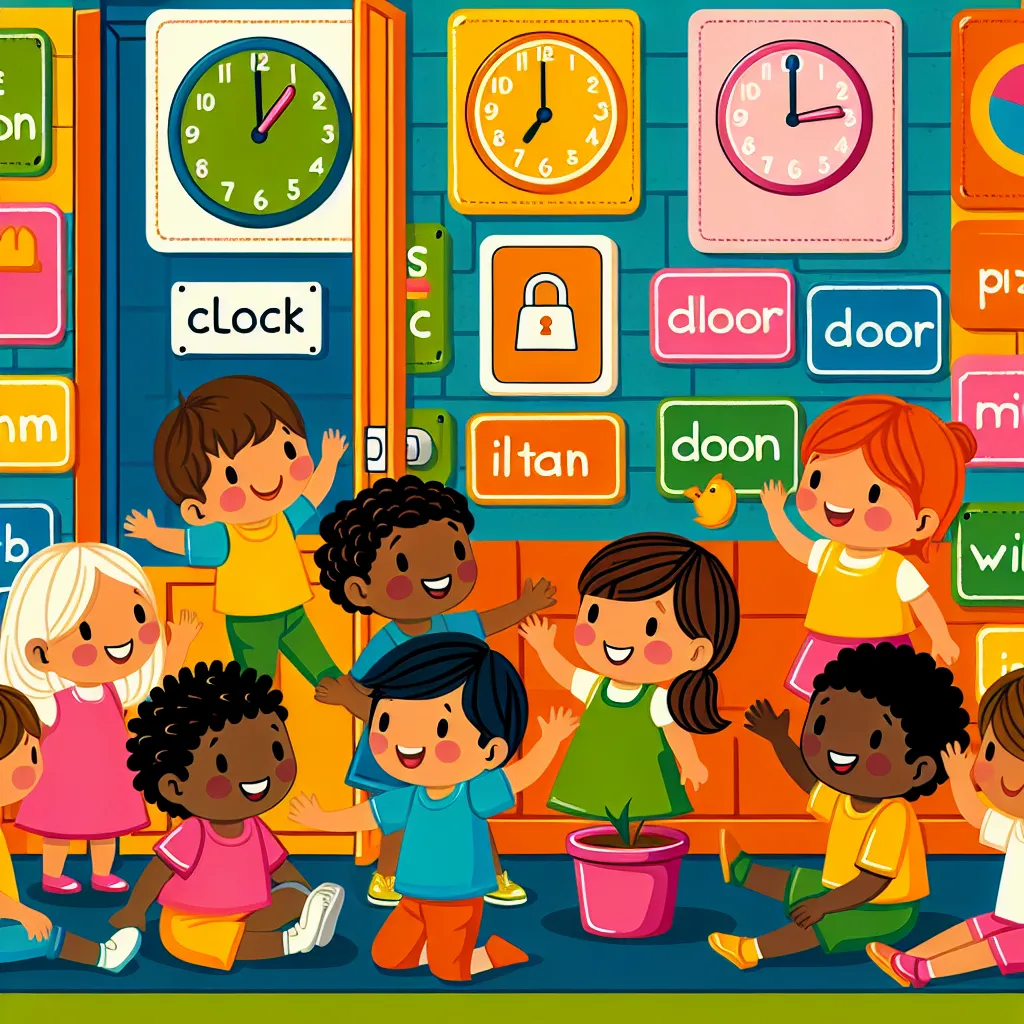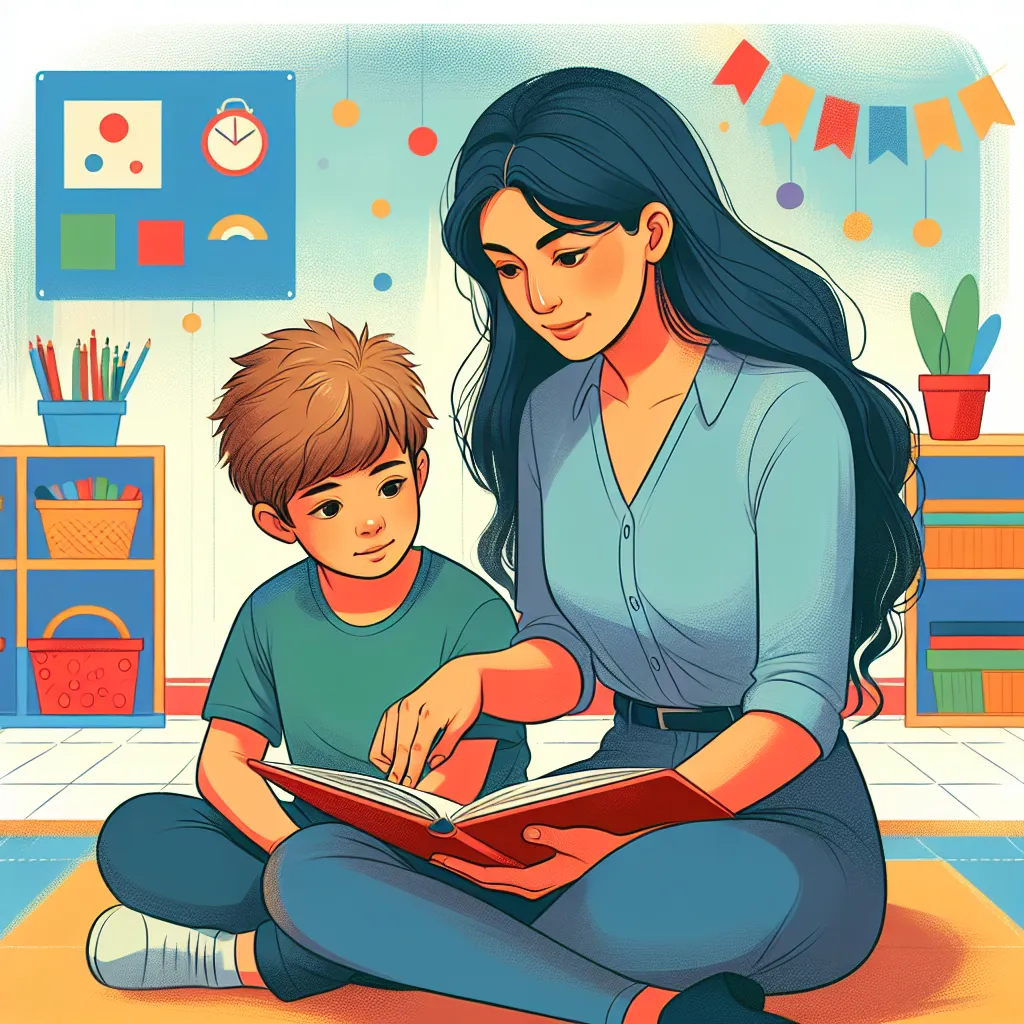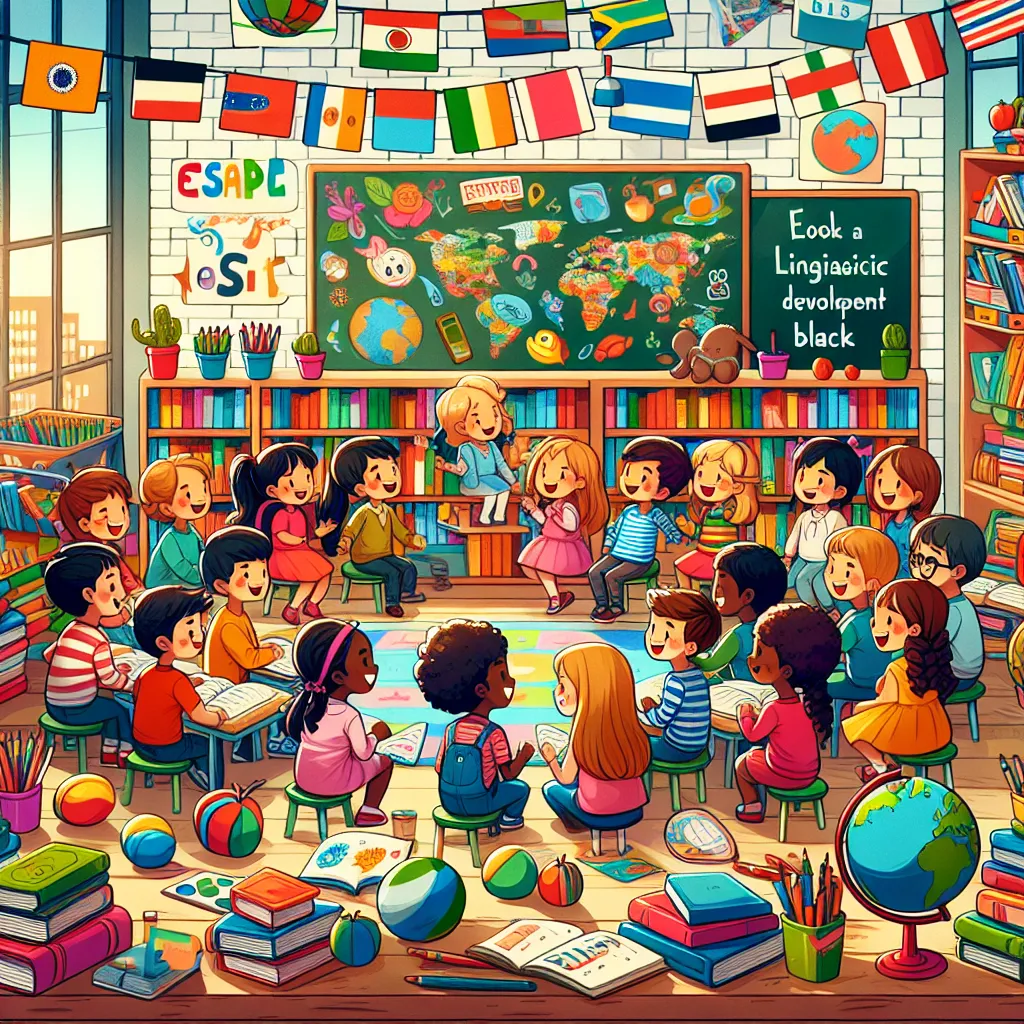Ask AI on The Internet
Question: Summarize and Explain the concept of emergent literacy and its significance in a learner's language development and highlight how emergent literacy lays the foundation for later reading and writing skills.
Emergent literacy refers to the idea that the development of literacy begins at a very early age, long before formal education starts. It encompasses the skills, knowledge, and attitudes that are the precursors to reading and writing, typically acquired through early experiences with spoken and written language. ### Key Components of Emergent Literacy: 1. **Oral Language Development**: Through interactions with caregivers and peers, children develop vocabulary, syntax, and narrative skills. 2. **Phonological Awareness**: Recognizing that words are made up of smaller sound units (phonemes) is a critical skill that supports decoding in reading. 3. **Print Awareness**: Understanding that print carries meaning and recognizing common signs, symbols, and written words. 4. **Alphabet Knowledge**: Learning the names, shapes, and sounds of letters. 5. **Early Writing Experiences**: Engaging in drawing, scribbling, and forming letters and words nurtures early writing skills and fine motor coordination. 6. **Listening Comprehension**: Understanding and interpreting stories, which helps in grasping the concept of narratives and structure. ### Significance in Language Development: - **Foundation for Reading**: Skills like phonological awareness and alphabet knowledge are crucial for decoding words and fluently reading text. - **Foundation for Writing**: Early writing experiences translate words into written symbols, encouraging more advanced writing skills. - **Vocabulary and Comprehension**: Exposure to a rich language environment expands vocabulary and improves comprehension, both vital for reading success. - **Cognitive and Social Skills**: Engaging with stories and print enhances cognitive skills such as memory and attention and fosters social skills through shared reading activities. ### How Emergent Literacy Lays the Foundation for Later Skills: - **Prepares for Phonics Instruction**: By being familiar with sounds and letters, children are better equipped to learn phonics—matching sounds with letters. - **Develops a Love for Reading**: Positive early experiences with books and stories often lead to a lifelong interest and habit of reading. - **Encourages Print Recognition**: Recognizing letters and common words in the environment builds confidence and readiness for formal reading instruction. - **Supports Sequential Learning**: Early story understanding lays the groundwork for grasping more complex narrative structures and genres in the future. - **Builds Writing Proficiency**: Early scribbling and writing attempts help children understand that writing is a form of communication, preparing them for more structured writing tasks in school. In summary, emergent literacy is crucial because it sets the stage for the development of critical reading and writing skills. By fostering these skills early through a rich language environment, children are more likely to become proficient readers and writers, leading to greater academic success and a lifelong engagement with literacy.
Think your answer is better than the AI's? Post it below.
Other Most Relevant Posts:
 Unveiling the Foundations of Emergent Literacy: A Comprehensive Insight into Language Development and Print Awareness
Unveiling the Foundations of Emergent Literacy: A Comprehensive Insight into Language Development and Print Awareness
 1. **Environmental Print in Emergent Reading**
2. **Early Literacy Indicators by Strickland et al**
3. **Comparing Storytelling and Story Reading**
4. **Effective Read-Aloud Strategies in Foundat
1. **Environmental Print in Emergent Reading**
2. **Early Literacy Indicators by Strickland et al**
3. **Comparing Storytelling and Story Reading**
4. **Effective Read-Aloud Strategies in Foundat
Question Tags
If you want your question answered by an AI, click here.





Post your own comment: